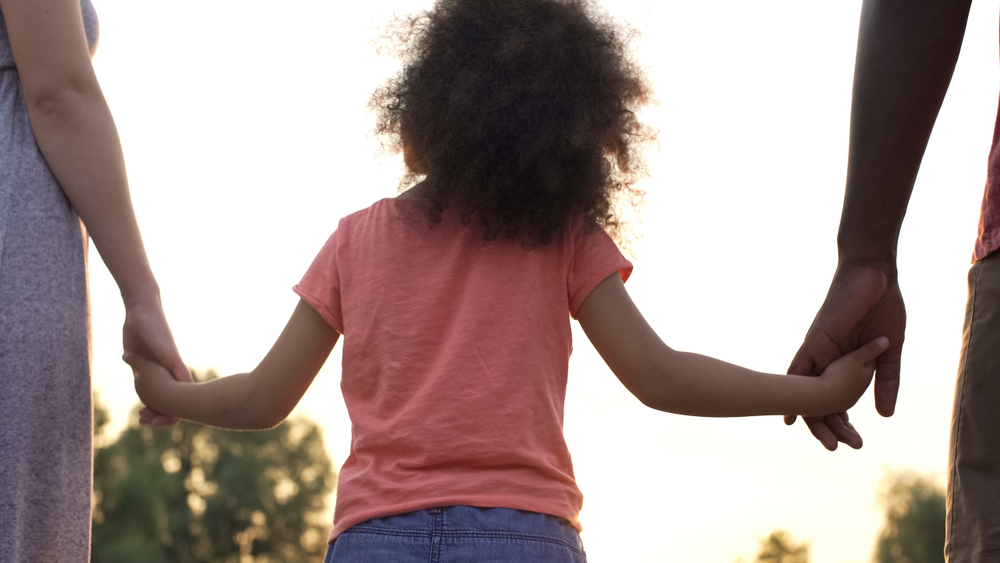Connect is one of the 4 Crucial Cs identified for healthy development. The others being count, capable, and courage.
Children need to connect with others. Those who do connect with others, feel secure, are able to cooperate and can reach out and make friends. They believe that they belong.
Children who can connect believe they belong, and they can reach out and make friends and relationships with others. They are cooperative and secure.
Children who do not have the skills necessary to connect will feel isolated and insecure. They may seek attention, usually in negative, self-destructive ways, in order to feel that they have a place in a group or the family.
Children who struggle with connecting may have difficult making and keeping friends. They may report that others do not like them or that they are being teased. They often have difficulty understanding other people’s feelings. These children may lie, steal, or exhibit disrespectful or uncooperative behavior. Parents and teachers often feel as though it is difficult to build a relationship with the child.
The following are 20 ways you can work to build the Crucial C of connect in your child:
- Three times a week spend 10 minutes with each of your children doing activities they choose.
- Look for things your children do well and point them out to your children. Use encouragement, not praise.
- Eat at least one meal a day together as a family and guide a pleasant conversation that includes the whole family. For example, ask each member to talk about something interesting or happy that happened that day, or tell about something they learned that day.
- Cook meals together as a family.
- Limit conversations about topics they are obsessed with. For example, you can say, “You can talk about Minecraft for 5 minutes and then we are going to talk about something else.”
- Use imaginative or pretend play with your kids—not video games.
- Be curious about your children’s day—ask about how their day has been.
- Use open ended positive questions like “What did you do that was fun at school today?” rather than focusing on difficulties or struggles.
- Model appropriate social interactions. For example, make eye contact with people; say “Hello;” wave to friends in public places; say please, thank you, and you’re welcome.
- Invite your children’s friend over for a “play date” and supervise the play. Encourage sharing, taking turns, peaceful resolving of conflict, etc.
- Play board games like Sorry, Trouble, Chutes and Ladders, Candy Land, Uno, Mancala, etc.
- Feed each other small foods like Cheerios, M & Ms. While you are doing this, make eye contact and smile.
- Play games like Mother May I? and Simon Says.
- Act like mirrors, taking turns with one of you leading and the other copying the movements of the leader.
- Rub lotion on one another’s hands while making eye contact and smiling at one another. Sprinkle powder on one another’s hands and trace and count the lines on the palm.
- Play Hide and Seek with your child-let them know you will always find them.
- Paint one another’s nails or do face painting.
- Tell a shared story, alternating words, sentences, and/or parts of the story. You can do the same with a drawing, each taking different parts.
- Play “I Spy”
- Read children books
- Elizabeth Make a Friend by Carmen Jimenez-Pride
- Don’t Need Friends by Carolyn Crimi
- Recess Queen by Alexis O’Neill and Laura Huliska-Beith
- Zero by Kathryn Otoshi
- Me First by Helen Lester
- Scaredy Squirrel Makes a Friend by Melanie Watt
- Dragon’s Fat Cat by Dav Pilkey
- A Weekend with Wendell by Kevin Henkes
- Katie’s Babbling Brother by H.J. Hutchins & Ruth Ohi
- Mordant’s Wish by Valerie Coursen
- A Bug and a Wish by Karen Scheuer
- Spaghetti in A Hot Dog Bun: Having the Courage to Be Who You Are by Maria Dismondy
- Bootisie Barker Bites by Barbara Bottner
- Chester’s Way by Kevin Henkes
- Two by Kathryn Otoshi
- Invisible String by Patrice Karst
- Hug Machine by Scott Campbell
- How to Lose All Your Friends by Nancy Carlson
- Emily’s Emotional Empathy by Kim Feeney available at www.fanatic4feelings.com/products
When children learn about the importance and ways to connect with others, a world of social possibilities opens up for them.

